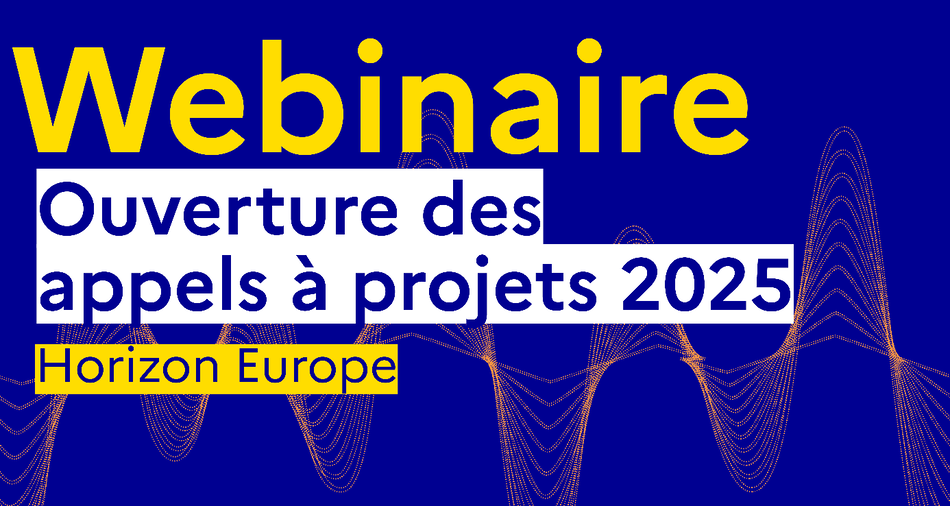ExpectedOutcome:
Project activities are expected to contribute to all of the following outcomes:
- advisory services are strengthened in their knowledge and skill base to provide impartial advice on soils and their sustainable management, based on a thorough understanding of soil functions and ecosystems services supported by soils across land uses and climate zones throughout Europe;
- new forms of advice are tested and established, making more effective use of digitization and new models for advisor-farmer-data interactions;
- land managers (including owners leasing their land) and other practitioners in rural and urban areas (e.g. farmers, foresters, local authorities in charge of managing green spaces and natural areas) have increased opportunities for access to tailored, practice-oriented knowledge and for exchange of experiences on how to manage land and soils in more sustainable ways;
- the farming sector is better equipped to contribute to meeting targets from the Farm to Fork Strategy[1][2] and the new EU Soil Strategy[3], in particular with regard to the management of nutrients;
- more interactive and effective agricultural and forestry knowledge and innovation systems are in place;
- local/regional authorities are in a position to integrate considerations on soil health (e.g. reuse of soils, reduction of soil sealing, management and increase of green spaces in urban areas) into spatial planning and decision-making.
Scope:
Land managers and land owners (including farmers, foresters, gardeners, local/regional authorities, spatial and urban planners) often do not sufficiently apply or promote practices that maintain and/or restore soil health because of a lack of knowledge and tailored advice on locally adapted practices. Impartial advisors with ample theoretic and practical knowledge on soils, their functions and management are key to address this gap. It is therefore essential that advisors’ knowledge is constantly updated, standardised to some extent and responds to the evolving needs of land managers and policies.
The objective of this topic is to promote the emergence of specialised “soil advisors” and to strengthen the skills of existing advisors and in view of promoting the uptake of innovations for sustainable land management practices by farmers, foresters and other land managers and owners throughout Europe.
The proposed activities will:
- identify, map, and connect – also within the framework of Agricultural Knowledge and Innovation Systems (AKIS) - the main actors relevant to the development, acquisition, exchange and application of knowledge to improve soil health related practices. This can include advisory services, farmers, foresters, other land managers and land owners or land managers’ associations as well as relevant civil society organisations, researchers, and public authorities;
- screen existing educational resources and tools (i.e. digital tools, networks, educational resources etc.) applicable to the various aspects of land management and the prevention of soil degradation;
- develop, test and share best practices on curricula, tools and methods to strengthen the skills and competences of soil advisors taking due account of novel approaches for interactive innovation and of the potential of digital technologies for acquiring, exchanging and disseminating knowledge and know-how;
- create testing grounds for new forms of soil advice and (digital) tools, peer-to-peer knowledge exchange and practitioner-driven experimentation, in particular on the management of nutrients, soil organic carbon and biodiversity. This task should be undertaken by making use – where available - of the FaST tool developed in Member States as part of the Common Agricultural Policy (CAP) and by assessing its effectiveness and benefits (in economic, agronomic and environmental terms). The future Regulation establishing rules on support for the CAP Strategic Plans includes, within the provision on the farm advisory services, the Farm Sustainability Tool (FaST). FaST has to provide on-farm decision-support for the use of nutrients, based on the available data and knowledge and compliant with the existing environmental legislation. The legal text mentions that the FaST has to be implemented by Member States and that “the Commission may provide support to the MS in the design of the FaST, in order to ensure a level playing field between farmers and across the Union”. The FaST has to be implemented no later than 2024;
- develop a comprehensive toolbox of resources in various EU languages for the training of soil advisors and their interactions with land managers and propose strategies (including financial models) to sustain and update training outputs and tools developed and compiled throughout the project.
Proposed activities should take due account of the different situation of advisory services in EU Member States and Associated Countries and ensure wide access (also language-wise) to main resources for soil advisors across Europe. While focusing on agriculture where advisory services already exist, activities shall explore avenues for introducing soil advice into management and decision-making regarding other land uses (e.g. forest and urban land), taking into account different pedo-climatic and socio-economic conditions across Europe.
Projects are expected to make use of the opportunities provided by the European Innovation Partnership “Agricultural productivity and sustainability (EIP AGRI), national AKIS and the EU Soil Observatory (EUSO), e.g. with regard to dissemination of project outputs and exchange of experiences. They should build as appropriate on existing education programmes and training modules (e.g. from EIT KICs) that provide a knowledge resource relevant for the protection and restoration of soil health and of soil ecosystem services. Similarly, they should take into account results of relevant Horizon 2020 projects [4].
Proposals must apply the “multi-actor approach”, thus ensure a balanced mix of actors from various sectors and include expertise from behavioural and social sciences.
Cross-cutting Priorities:
Societal EngagementSocial sciences and humanitiesSocial InnovationDigital Agenda
[1]https://ec.europa.eu/food/horizontal-topics/farm-fork-strategy_en
[2]https://ec.europa.eu/food/horizontal-topics/farm-fork-strategy_en
[3]Reference to be included once strategy is adopted and of November 2021
[4]See e.g. projects NUTRIMAN Thematic Network: (https://nutriman.net/project) and Best4Soil - Boosting 4 BEST practices (https://www.best4soil.eu/)





